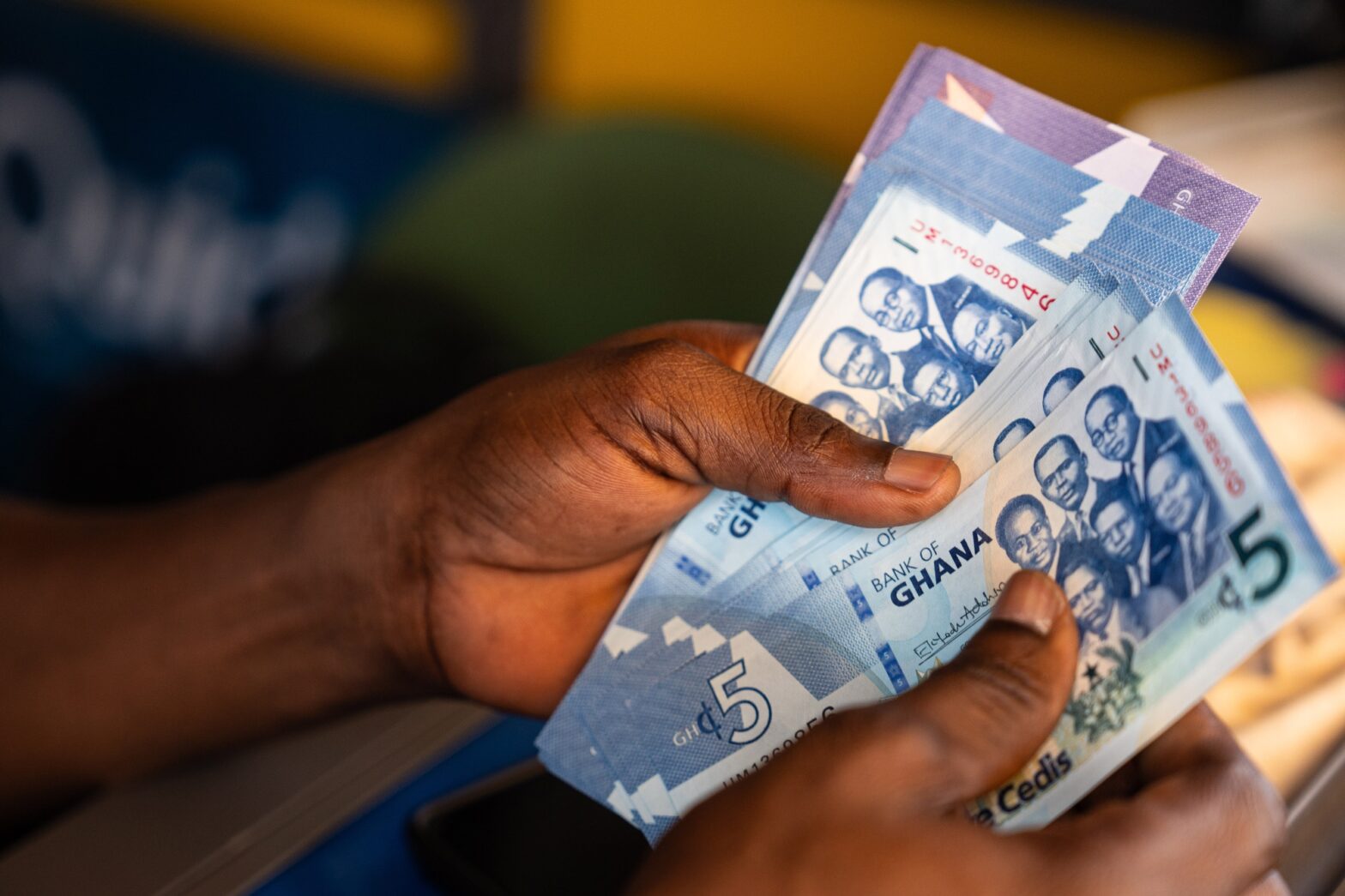Kenya has achieved a major milestone in its drive to digitise the capital market, after 16 billion shares of Safaricom Plc held by Vodafone were immobilised into the Central Depository System (CDS).
This development pushes the country’s electronic share registry to 97 billion shares—equivalent to 95% of all equity holdings on the Nairobi Securities Exchange (NSE).
The move, announced in a press release by the Central Depository and Settlement Corporation (CDSC) on Sunday, marks a significant step towards full dematerialisation of securities and is expected to enhance liquidity, transparency, and investor confidence.
“This milestone is not just a numeric achievement, it is a strong signal of growing institutional trust in CDSC’s infrastructure and a major stride in aligning with international best practices,” said CDSC CEO Jesse Kagoma. “We commend Vodafone Limited for taking the lead in this transition.”
The immobilised shares—previously held in physical certificate format—will now be fully tradeable via CDSC’s digital infrastructure, streamlining ownership transfers and reducing risks associated with paper-based certificates such as loss, forgery and delays.
As a result of this transaction, the total number of the telecom giant’s shares held in electronic format has jumped from 24 billion to 40 billion, representing almost all of the company’s total dematerialised shares.
Despite the achievement, Kenya still lags behind its economic counterparts like Morocco, which completed its dematerialisation process in 2010.
In addition, while the CDSC has accelerated progress, raising immobilised shares from 52% to 95% of market equity between March and June 2025—retail participation in the country’s capital market remains worryingly low.
As of January 2025, only 2.5% of the 1.5 million registered CDS accounts were actively trading on the exchange — underscoring the impact of limited investment products, weak returns, and broader economic headwinds.
To counter this, the NSE,in February 2024, launched a five-year strategy to grow its active investor base to nine million, including outreach to the Kenyan diaspora.
Key initiatives under the programme include fractional trading, greater product variety such as ETFs and bonds, and expanded agency networks to improve accessibility.
These efforts are already showing signs of promise.
In the 10 months leading to October 2024, listed investors saw portfolio gains of $3.2 billion as market capitalisation rose by nearly 30%,from $10.8billion to $14.7 billion.
As of 5 June 2025, total market capitalisation has risen further to $16.3 billion.
Kenya’s secondary bond market is also in recovery. Bond trading volume surged 139.8 % in 2024 to $11.9 billion—more than double the $4.9 billion recorded in 2023—as investors rotated capital back into longer-term assets amid inflation and economic uncertainty.
Meanwhile, average settlement time for equity trades on the NSE remains firmly at three business days (T+3), facilitated through the CDSC in partnership with the Central Bank of Kenya’s real-time gross settlement (RTGS) system.
As Kenya nears full digitisation of its equity market, analysts argue that the challenge ahead is not just technological—but structural.
Greater financial inclusion, deeper product diversity, and investor education will be key to unlocking the next phase of market growth.











